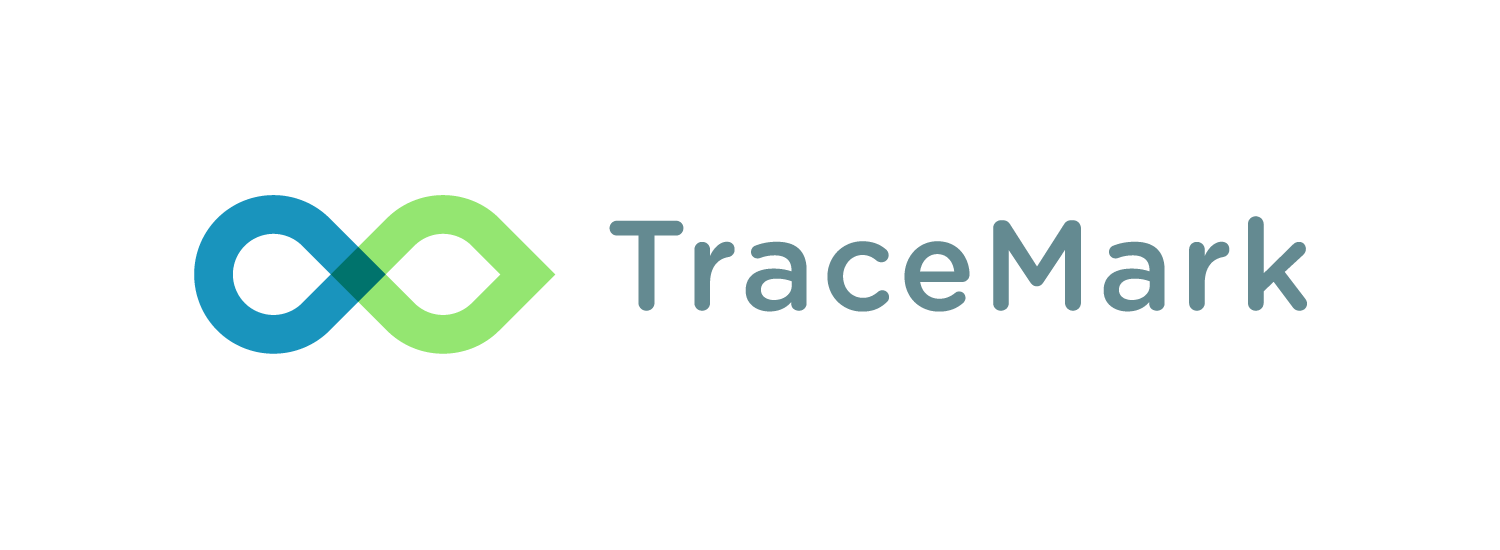TraceMark sets a precedent for the future of sustainability claims
How do you know that your coffee is sourced from a regenerative plantation in Brazil? What informs the ‘sustainable’ label on products? Without consideration to where these claims are made, consumers and companies alike can be misinformed about where goods originate—furthermore, insights about labour conditions and finite resources can be left unchecked.
The answer lies in sustainable sourcing, a term making its way into the everyday vernacular of stakeholders and professionals in manufacturing sectors around the world. Nathan Eaton, NGIS Managing Director, recently addressed Planet Explore 2021 to share how our team of GIS Analysts and Developers have leveraged world-leading satellite imagery, combined with the processing power of Google Cloud and Google Earth Engine, to develop a sustainable sourcing solution, TraceMark.
In the first instance, the solution was required for a multinational consumer packaged goods (CPG) company. The unique challenge that the CPG sector faces, is how to track and trace every part of their supply chain from the seed in the soil, to the final product—and everything in between. NGIS was able to compose a world-leading solution to address this challenge, giving rise to TraceMark; an end-to-end sustainability tracing tool. Whatsmore, TraceMark connects enterprise resource planning (ERP) systems with insights identified, enabling companies to incorporate these into broader business workflows.
Global technology collaboration
Planet Explore 2021 featured speakers from around the globe, discussing how impactful satellite imagery is in developing innovative, world-focussed solutions across a number of industries looking to improve their practices. During the discussion, Eaton discussed how the TraceMark model was made possible through the integration of Planet, Google Earth Engine and Google Cloud Platform—helping our team to achieve solutions once thought impossible. With this, NGIS was able to comprise TraceMark founded upon a data-driven approach to sustainability, monitoring how companies are addressing sustainability and global supply chains.
NGIS as a full-service geospatial consultancy, harnesses the very best in technology providers to bring complete solutions to our clients. Though, our organisation is founded upon a mission involving ‘People, partnership, success’ so it is a priority to ensure we can partner with other companies that share the same values.
“Google has always had a mission to organise the world's information...to make it universal and accessible. Now they are making it possible with Earth Observations” he said. It is fortuitous that Planet’s mission aligns so closely; “to image the whole world every day, making change visible, accessible and actionable.”
The collaboration between NGIS, Planet and Google has allowed our team of experts to leverage information at scale, then distill information into the mountain of insights that are required to produce an end to end platform, in essence taking pixels and turning them into insights. TraceMark is the first of its kind, enabling companies to address sustainability in a meaningful and complete way, legitimising their efforts. This will benefit both company and consumer, as cited in Eaton’s address, a statistic from The Economist Intelligence Unit, states “consumers are 85% more likely to purchase goods from an organisation with a reputation for sustainability than from a neutral company, even if prices are the same.” Furthermore, both company and consumer have access to improved transparency, one with the ability to do their due diligence, and the other with access to the facts.
The future of sustainable sourcing
Soon, companies will be faced with difficult choices if they resist addressing sustainability, as some countries and continents around the world begin writing legislation to protect the future of nations and the planet. The European Green Deal outlines the European Climate Law, aligning with the continent’s goal to strive for net-zero emissions by 2050. Closer to home, New Zealand has implemented the He Waka Eke Noa initiative, to address emissions with farmers and growers across the island nation. These initial actions will set a precedent for other countries looking to improve their sustainability, which will only be possible with the help of technology such as TraceMark.
The future of sustainability is up to us as consumers, businesspeople, managers, producers and everyone in between. Insights and traceability that can result from the TraceMark tool give us the ability to be conscious members of society through providing complete transparency. Soon, understanding the sustainable efforts made by businesses will become the ‘norm’ when it comes to public facing knowledge, whether it be in your coffee cup or on the shelf in the supermarket. But our global future looks bright with technology enabled, data-driven solutions; as stated by Eaton, “sustainability is not a point in time, it is an evolving process.”
Feature image supplied by Planet.
